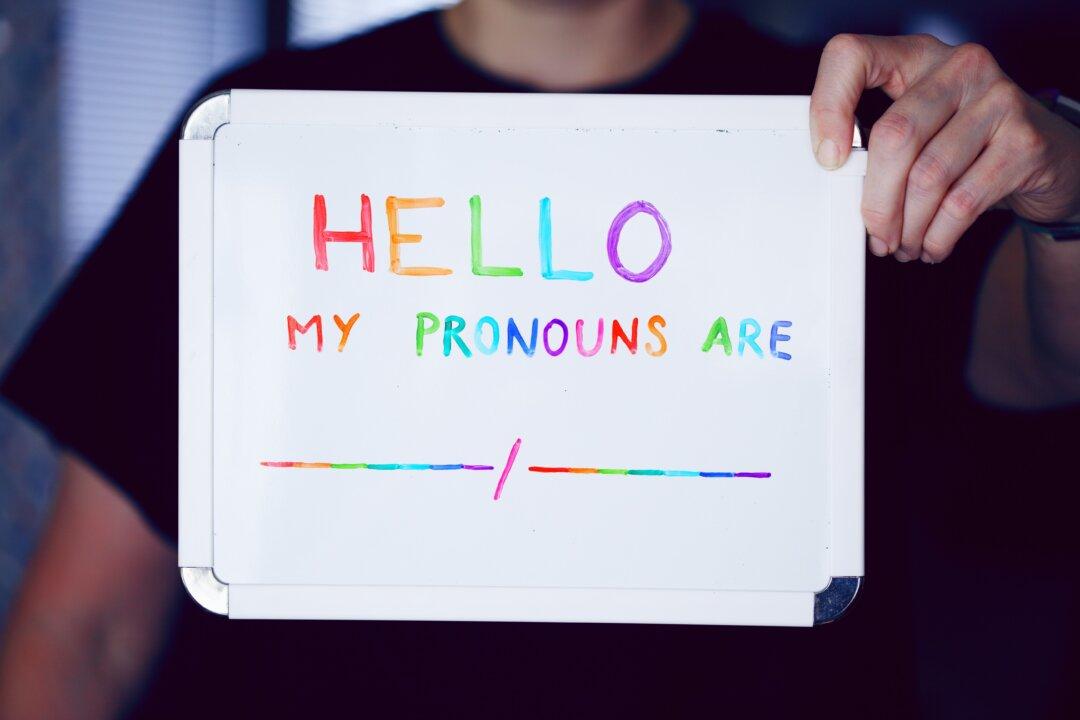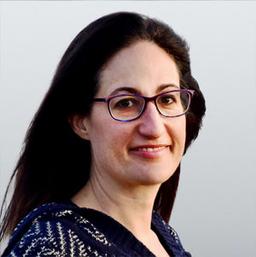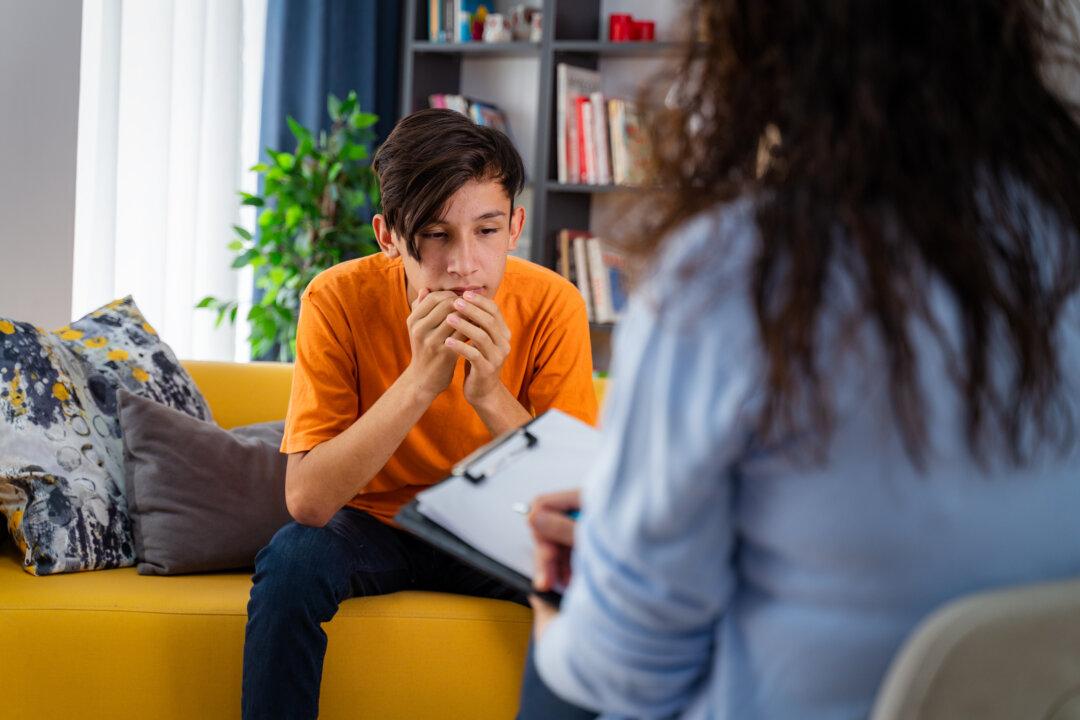Commentary
New personal pronouns can seem harmless and fun, and they are considered inclusive by many people, such as teachers and medical professionals. However, it can be dangerous to tell young children that they can use any pronoun they want. As a seasoned mental health professional, let me explain some reasons why the use of new personal pronouns is harmful for developing children.
- It’s the first step of being pulled into an ideology that can lead to dangerous and irreversible medical interventions. If a child is given praise for identifying as a different gender and called by a different pronoun or name from an early age, it’s more difficult to reverse that course as the child gets older and deeper into the ideology. The stakes get higher.
- Alternate pronouns instruct children not to accept who they are, but to seek attention for being something they aren’t. This message is the exact opposite of what traditional feminists have been trying to give to little girls for years, which is to love and embrace themselves as girls. This is a harmful message to all young people during an impressionable time while they are forming their sense of self.
- This practice is harmful to the small percentage of children who struggle with genuine gender dysphoria and need appropriate attention. If large numbers of children are using alternative pronouns for fun, leverage, or power, how can we know who needs the appropriate support? Many of these dysphoric children have sexual or other trauma in their histories, and they need to be addressed.
- The introduction of a new pronoun is the first step in dividing children from their families. Families who don’t agree, or who simply have questions, often get torn apart over this ideology. Even families who initially agree with the premise of different gender identities later learn that their children are being groomed to view their own family as an enemy.




